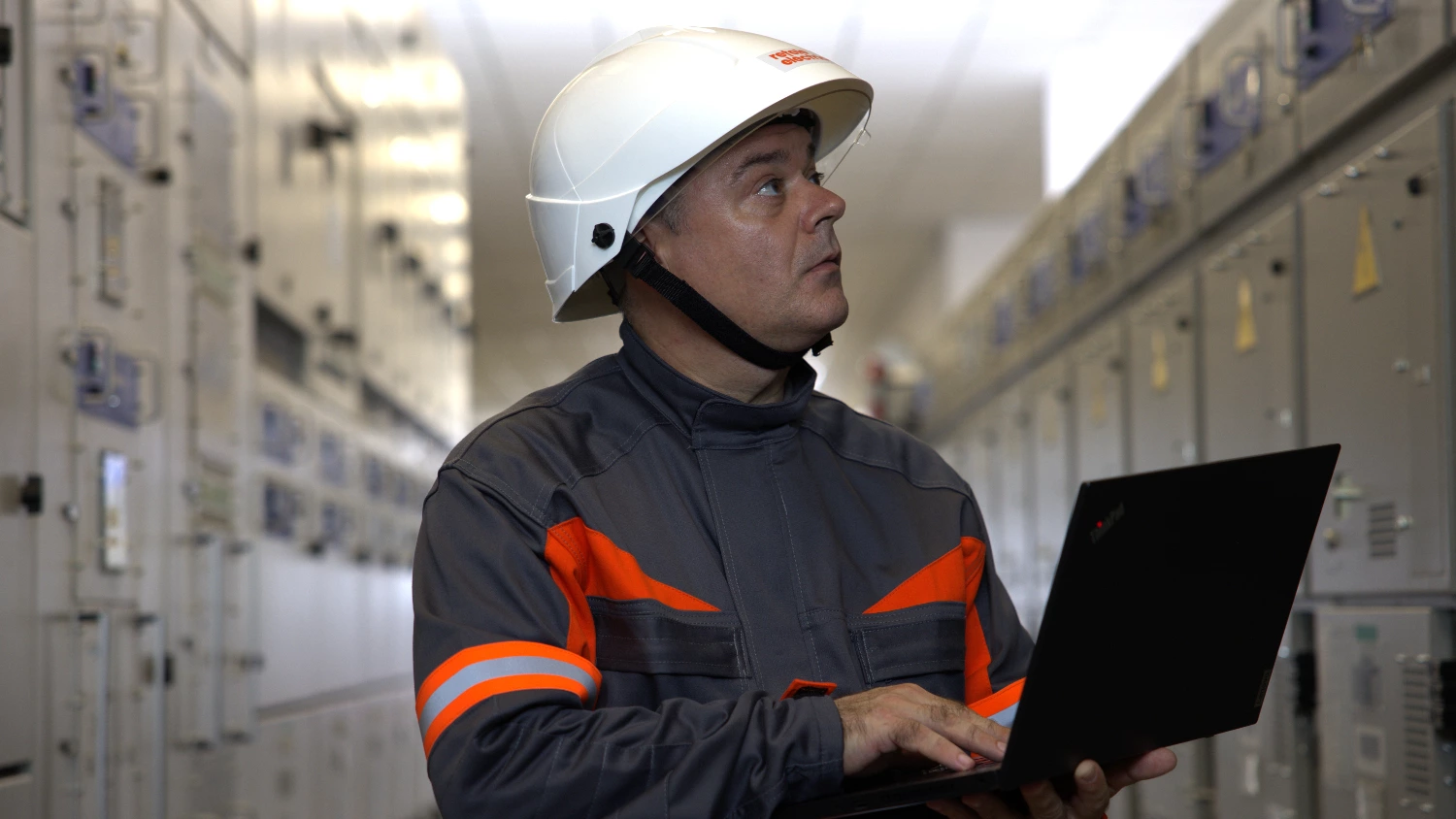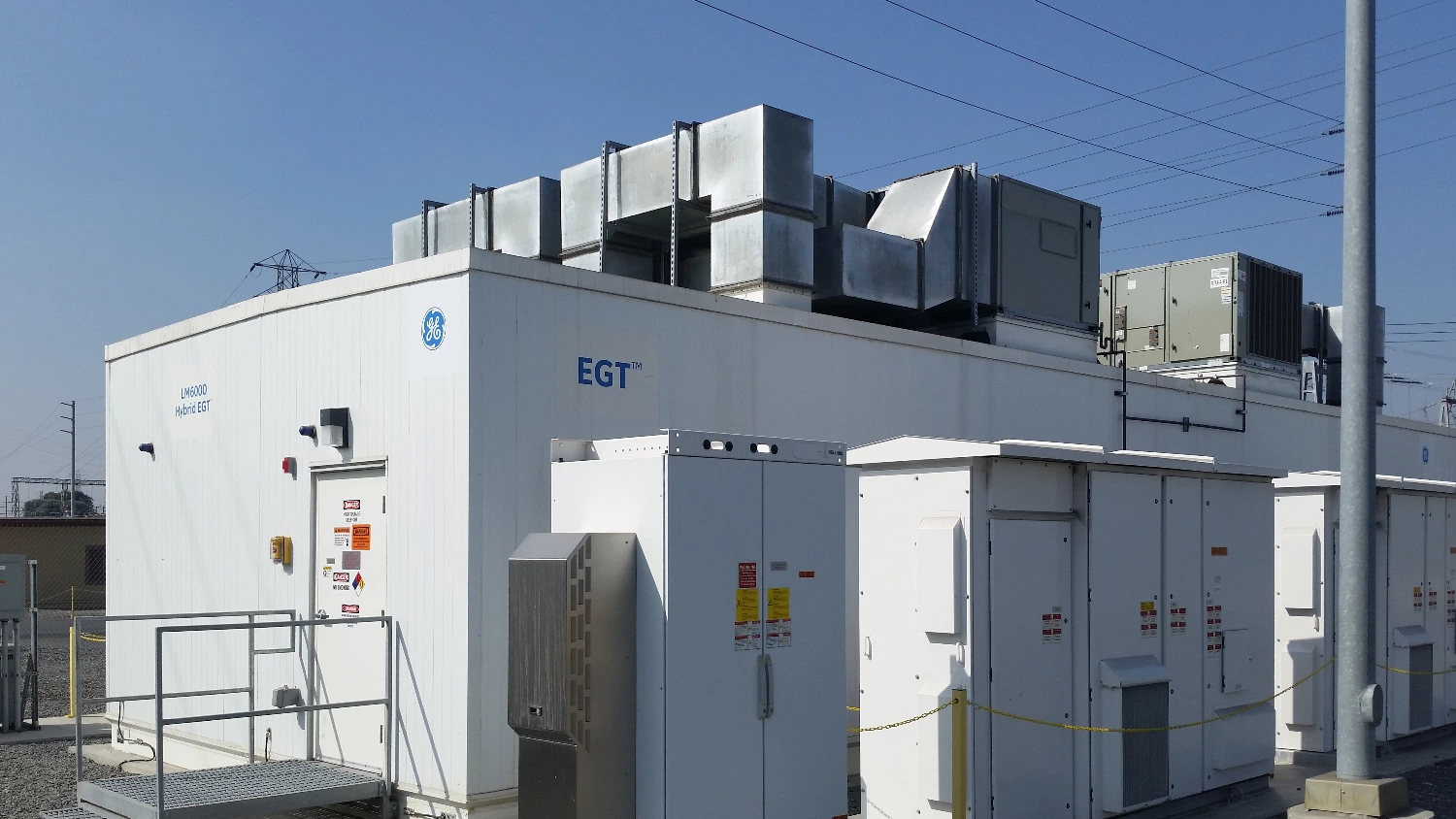Economic instability emerges as a major concern, with entrepreneurs facing inflationary pressures and geopolitical uncertainty that undermines confidence in business futures. These conditions make entrepreneurs more cautious about investments, despite their innovation ambitions.
Recruitment difficulties plague 69% of entrepreneurs, who struggle to find qualified candidates. This problem stems from misalignment between labour market requirements and skills provided by the education system. Alexandru Lupea, Partner at EY Romania, notes: "There's a lack of coordination between the educational and business environments in Romania, forcing entrepreneurs to invest more in their own workforce education process. Romanian entrepreneurs must focus on continuous employee development, ensuring they can acquire new skills through company training programmes."
Bureaucracy represents another limiting factor, with 33% of Romanian entrepreneurs believing complex regulations negatively impact innovation and growth. Additionally, 56% consider bureaucracy and regulatory complexity a significant barrier to Romania's entrepreneurial environment. This compares to 71% in Bulgaria and around two-thirds in Hungary, with the regional average at 62%.
Despite challenges, Romanian entrepreneurs demonstrate strong innovation intentions. Two-thirds plan investments in process innovation and strategic marketing innovation. They're also investing significantly in digital technologies, with 67% improving their websites and 63% using CRM solutions to optimise customer interactions.
Artificial intelligence shows the strongest usage intensification, with 71% of Romanian entrepreneurs increasing AI utilisation in recent months, compared to 62% in Poland. Raluca Popa, Partner at EY Romania, emphasises: "Technology and artificial intelligence evolve so rapidly that integrating AI into business processes becomes essential for Romanian entrepreneurs to remain competitive and maximise productivity."








